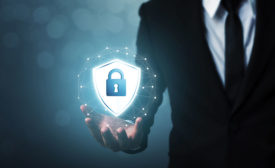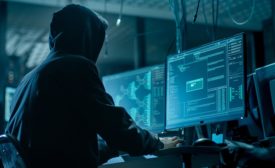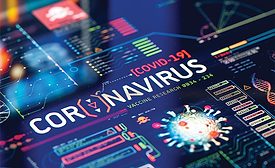Management
Cyber Tactics
Zero trust further considered - another benefit of living in the times of AI
July 1, 2020
Leadership & Management
Mythological dice, Texas hold 'em and risk leadership
July 1, 2020
Sign-up to receive top management & result-driven techniques in the industry.
Join over 20,000+ industry leaders who receive our premium content.
SIGN UP TODAY!Copyright ©2024. All Rights Reserved BNP Media.
Design, CMS, Hosting & Web Development :: ePublishing













